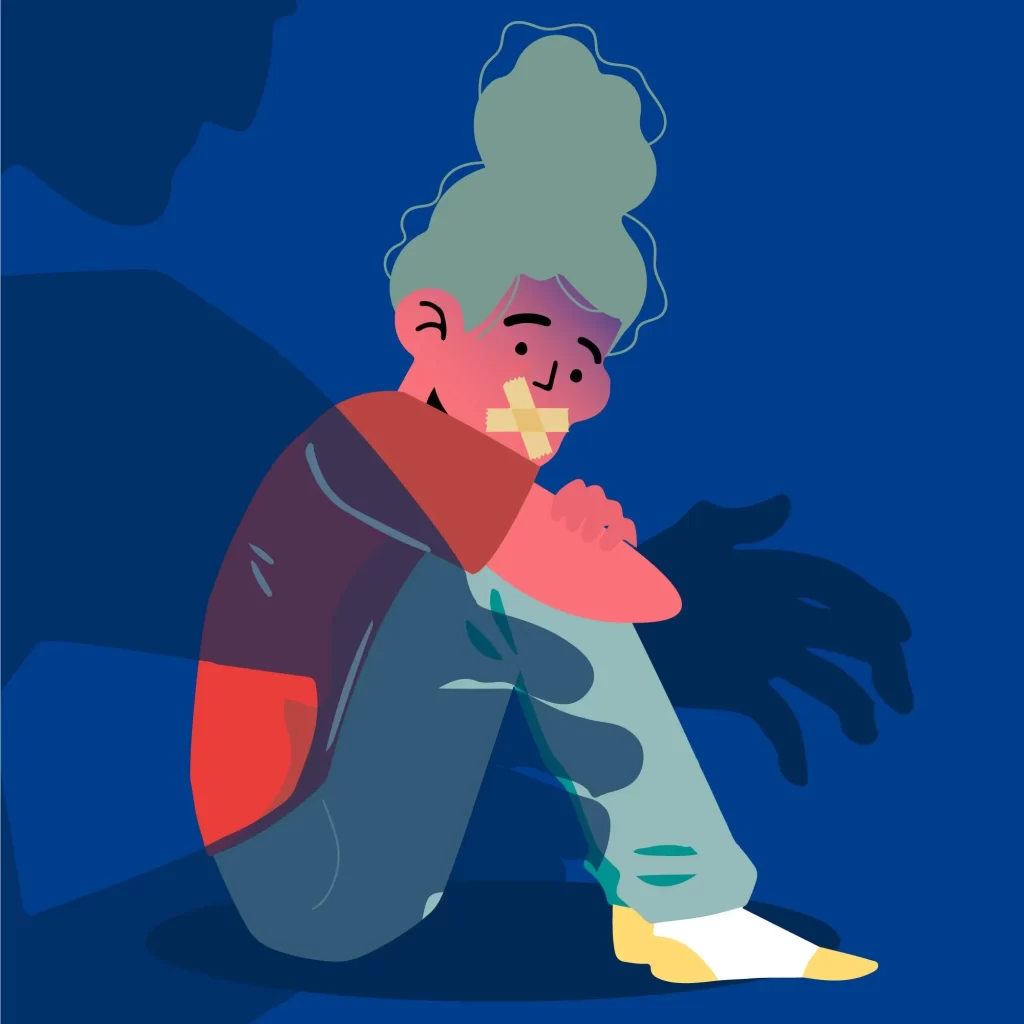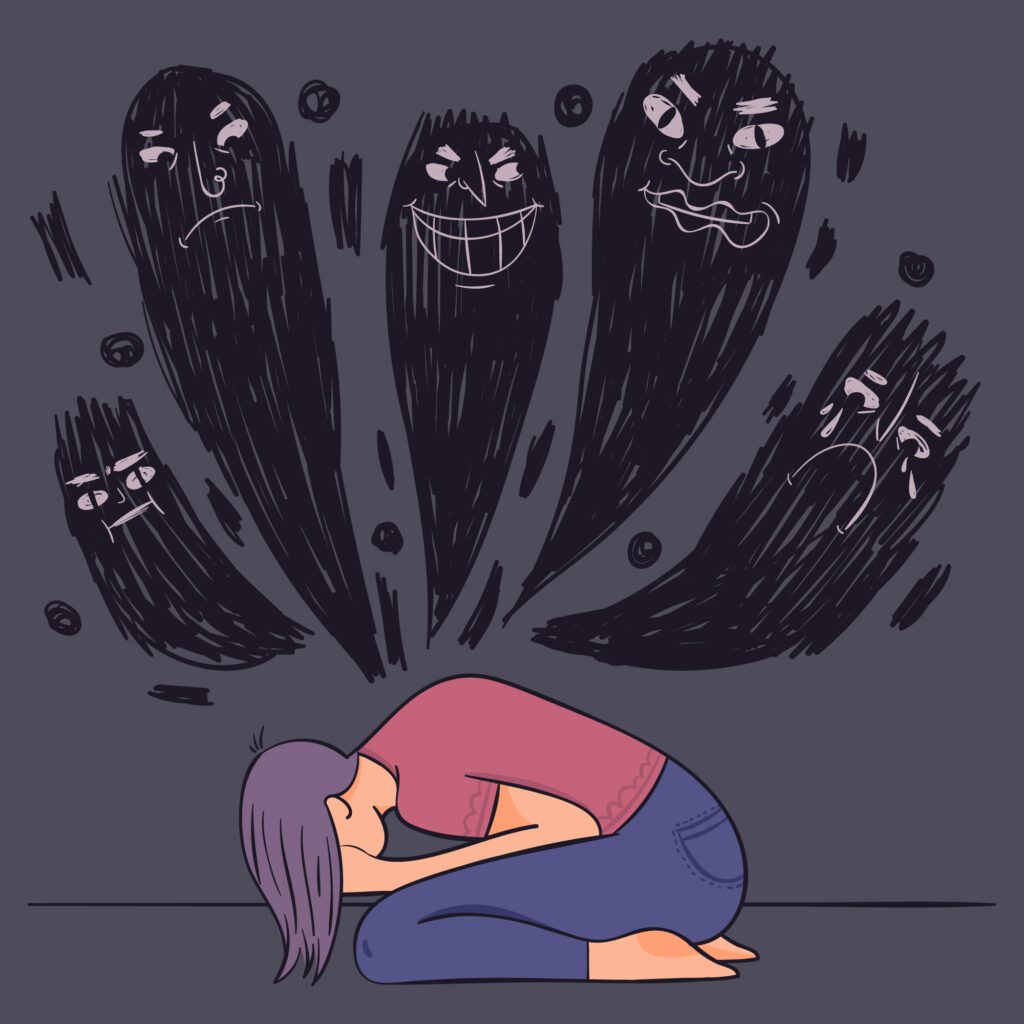
ADHD
ADHD (Attention-Deficit/Hyperactivity Disorder) is a form of neurodivergence that affects attention regulation, impulse control, and executive functioning. In school settings, students with ADHD are often misunderstood—not because they lack focus, but because their focus is dynamic, interest-based, and difficult to direct on command.
Common challenges include difficulty with sustained attention, time management, transitions, organization, and emotional regulation. But these behaviours are not signs of laziness or disrespect—they’re signs that the classroom environment is not built to accommodate different cognitive styles.
Students with ADHD may need to move, speak out of turn, or fidget to stay engaged. They may hyperfocus on one topic and struggle with others. They often have a strong sense of justice, high sensitivity to rejection, and a need for novelty, autonomy, and flexible support.
This tag gathers resources, reflections, and strategies related to ADHD in school—especially where punitive responses like exclusion, token economies, or discipline plans fail to account for underlying needs. We believe ADHD is not a problem to fix, but a difference to understand—and that the classroom must change before the child is asked to.
-
Not sick. Not fine. Not supported. Sexism in Vancouver School Board.
They said she was doing well. They said it with the softness of authority — that practiced tone that suggests neutrality while sidestepping consequence — a tone I’ve come to recognise as institutional, not personal, and absolutely not maternal. They said she was fine because she was quiet. Because she didn’t scream. Because she didn’t…
-
What happened to your child is wrong
I didn’t learn about collective punishment as a teenager—reading about war crimes. I remember the moment vividly: the language was clinical, the violations horrific. Among the acts prohibited under the Geneva Conventions, there it was—collective punishment. The targeting of a group for the actions of one. It was described as a violation so clear, so…
-
Rethinking accessibility leadership, training, and labour in BC public education
In accessibility work, most transformative insights come directly from disabled people. Lived experience is primary data; manuals and metrics are, at best, secondary literature. In schools, teachers are experts in pedagogy, yet few are trained in disability or neurodivergence. That absence is not incidental—it is engineered, and the consequences are everywhere. The current failure—and promise—of…
-
Vancouver School District (SD39) district code of conduct: a neurodiversity-informed critique
The Vancouver School Board’s District Student Code of Conduct (AP 350) is an expansive and methodically constructed document. It commits to fostering safe, inclusive, and nurturing schools; it recognises systemic discrimination, promotes restorative practices, and articulates a detailed suspension framework with multiple levels of review. The document outlines procedural guidance for school leaders, provides template…
-
Recent BCHRT decisions expose systemic failures
After reading through a couple of of the recent BC Human Rights Tribunal findings, here are some thoughts: Ongoing delays erode trust Several rulings show how procedural deadlines and scheduling gaps thwart families seeking essential supports. In one decision the Tribunal dismissed parents’ allegations about inadequate consultation and discontinued specialist services because the events in 2017 and 2018 fell…
-
When autistic girls fawn and schools look away
They told her to be polite while she was being harmed. Now they call her difficult for saying no. Jeannie never screamed—never yelled or stormed out or flipped a desk or tore paper into confetti; instead, she froze, and in that freezing, she vanished from their view. No one interrupted the boy when he joked…
-
She’s agonised inside and that doesn’t count?
Much of this unfolded in 2022 and 2023, during a period when my daughter remained undiagnosed as autistic, unsupported in any formal way, and largely invisible to the school system. The patterns described here continue to shape our lives. In this essay, you’ll hear the cautious hope I carried—that a formal diagnosis would unlock the…







